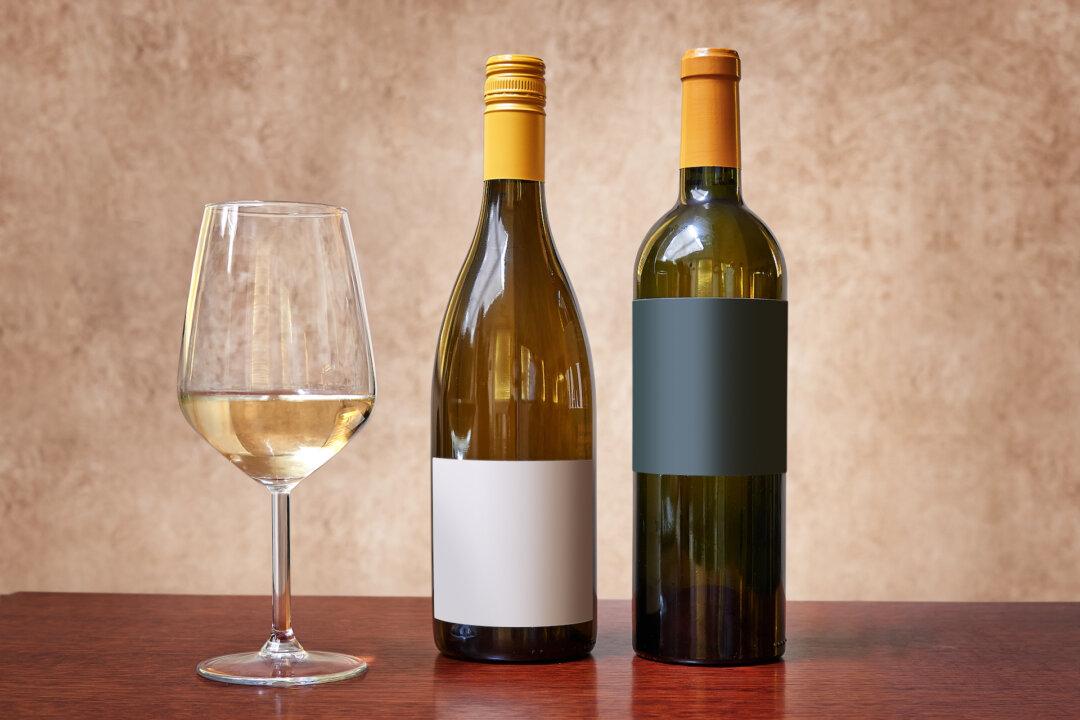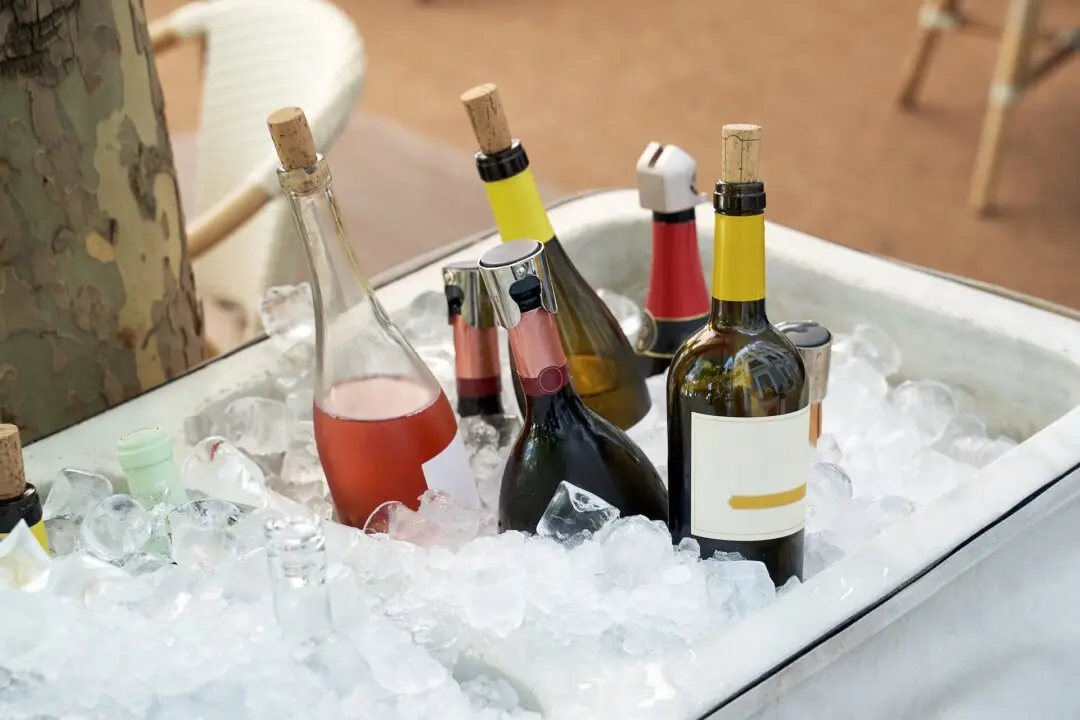Most commercial domestic wines are too expensive compared with imports, and one reason is that imports often have a major financial advantage.
Wine is, ultimately, an agricultural product, so it is susceptible to all kinds of risks, including pests, climate change, and market fluctuations. But because wine has alcohol (horrors!), it’s often ignored by the U.S. government.





